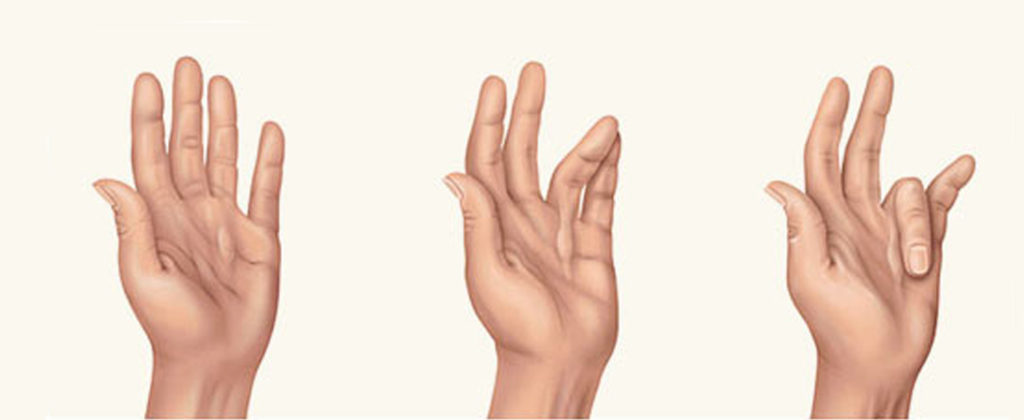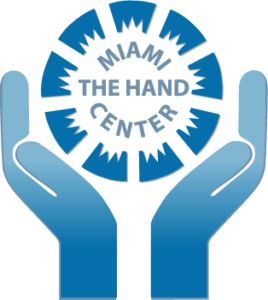
Treatment for Dupuytren’s Contracture
Needle Aponeurotomy
Surgeons must use a specialized needle called Needle Aponeurotomy also known as NA or Needle Fasciotomy. Needle Aponeurotomy is used to microscopically puncture and snap the Dupuytren’s cord, which is the source of the problem. Needle Aponeurotomy is a popular alternative to surgeons because the technique is minimally invasive, cost effective and has a high rate of success. Local anesthesia can be applied and the Needle Aponeurotomy leaves little to no scaring. The technique allows for the patient regain the ability to extend the fingers but the results are temporary, only lasting 3 years before the disease resurfaces.
Surgery
However If Dupuytren’s Contracture continues to advance surgery may be your solution. Though surgery cannot stop Dupuytren’s Contracture permanently it can slow the process and restore your normal hand function along with physical therapy after the surgery has been performed.
Cure for Dupuytren’s Disease
There is no cure for Dupuytren’s Contracture Disease. Though disabling it is not considered critical and can take years before the lumps become problematic, in some cases may not progress beyond the lumps stage.
Insurance Coverage
Dupuytren’s Contracture is when scar tissue forms underneath the palm of the hand over a period of time developing a visible cord under the palmar fascia that causes muscles in the appendages to tighten. This results in curled fingers and impairing the hands. Dupuytren’s Contracture disables a person’s ability to fully extend the fingers and makes it difficult to grasp objects or do other mundane tasks. The ring finger and the little finger are the ones most affected by the disease however the index and thumb remain fully functional.
Symptoms of Dupuytren Contracture
Symptoms include the slow and painless formation of lumps located in the palm. The lump is actually scar tissue that is building and in time will cause the contraction of the affected appendages. Studies show no connection between dupuytren’s disease and dominant or non-dominant hands, both hands can be affected equally.
Causes of Dupuytren’s Contracture
Dupuytren’s Contracture is commonly found in men with Northern European and Scandinavian ancestry and is inherited. For a certain period of time it was notoriously known as the Viking disease. Dupuytren’s disease primarily affects men ages 40 and up. Rock climbers are prone to getting the disease due to the tremendous stress on tendons their sport requires. There has been studies that indicate the highest rate in Dupuytren’s cases are people with diabetes, seizures, epilepsy and It is also associated with the consumption of alcohol but the direct cause of the disease is currently unknown. Though some suspect that hand trauma or shocks, such as tremors of impact traveling through a baseball bat to the hands could lead to Dupuytren’s Contracture but has yet to be proven.
Hand Procedures
- Arthroscopic Surgery
- Burns
- Carpal Tunnel
- Distal Radial Fracture
- Dupuytren Contracture
- Fingertip Injury
- Microvascular Surgery
- Osteoarthritis
- Trigger Finger
Miami Hand Center
(305) 642-4263
